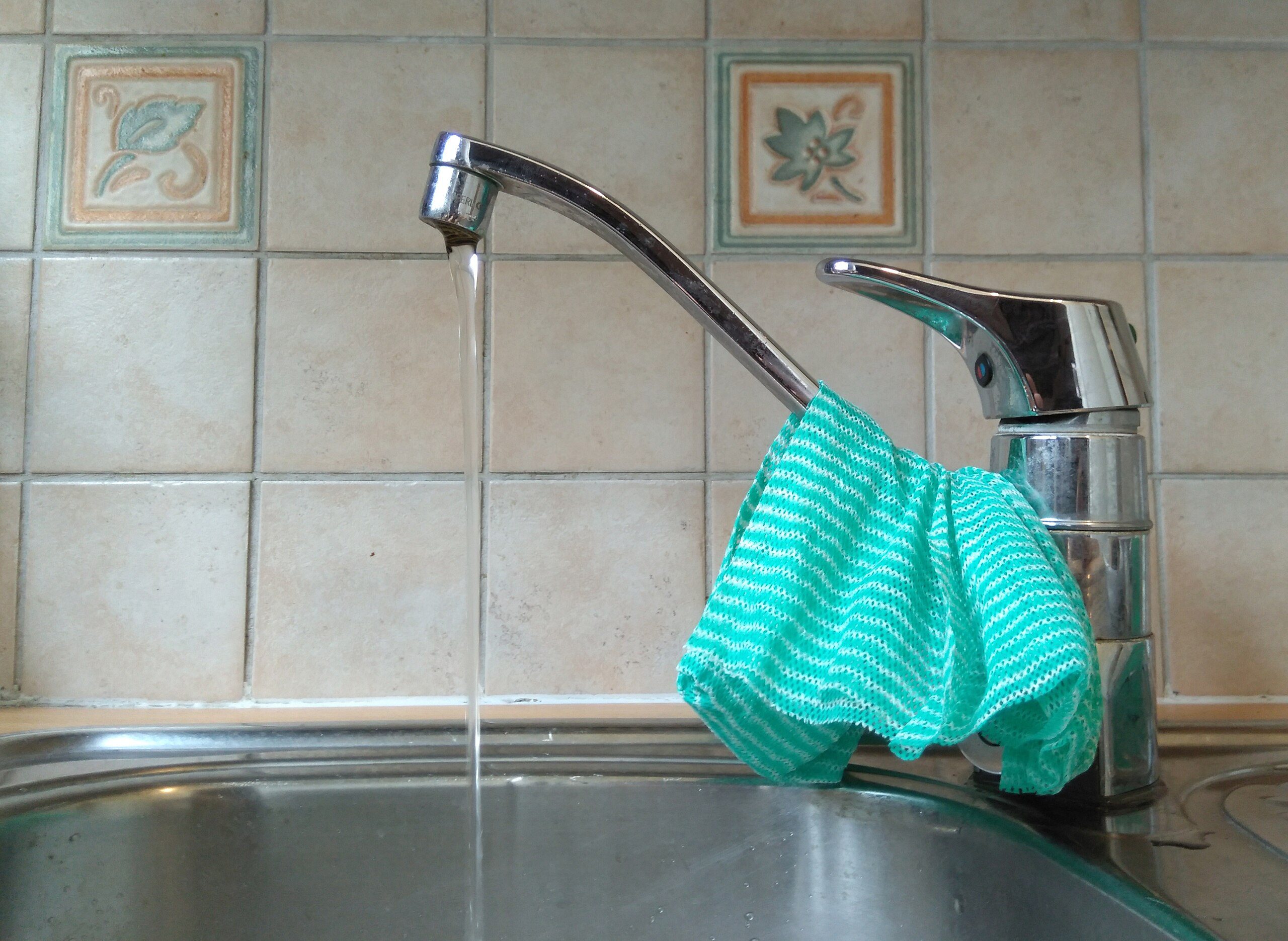- Water poverty has shifted from rural areas to urban centers.
- Over 71% of U.S. households without running water are now in cities.
- People of color disproportionately face plumbing poverty.
- The crisis worsened after the 2008 financial crash and continues to expand.
- Meeting UN water access goals will require transformative action.
December 20, 2024 — A new study published in Nature Cities has revealed a troubling trend: more urban Americans live without running water. Researchers from King’s College London and the University of Arizona found that “plumbing poverty,” a term for the lack of household water access, has steadily worsened, particularly in cities previously considered affluent or growing.
The problem gained momentum after the 2008 financial crisis, which reshaped the U.S. housing market, making it harder for low-income families to secure affordable housing. Since 2017, the issue has continued to expand, fueled by rising living costs and stagnant wages. Major urban areas like Phoenix, Houston, Portland, and even San Francisco have seen significant increases in households lacking access to basic plumbing.
The Unequal Burden: People of Color Suffer.
The study highlighted alarming racial disparities. In 12 of the 15 largest U.S. cities, most without running water are people of color. For instance, 82% of affected households in Los Angeles are nonwhite. In Philadelphia, people of color make up 66% of those impacted, despite being only 40% of the city’s population.
One of the study’s lead researchers, Professor Katie Meehan , explained that many families are forced into substandard housing because of economic pressures. “Far too many people, especially those of color, are now in such extreme poverty they are being pushed into homes that do not meet the basic standard for human dignity and life,” Meehan said.
, explained that many families are forced into substandard housing because of economic pressures. “Far too many people, especially those of color, are now in such extreme poverty they are being pushed into homes that do not meet the basic standard for human dignity and life,” Meehan said.
Living in Sheds and Warehouses Part of a Multifaceted Problem.
Water poverty arises from various factors, such as service disconnections due to unpaid bills, poor landlord maintenance, and the increasing cost of living. In many cases, people are employed but still unable to afford both housing and utilities, leading some to live in unconventional spaces like sheds or warehouses.
In Portland, for example, plumbing poverty rose by 56% between 2000 and 2021, despite the city’s reputation for progressive urban planning. While median household income increased during this period, housing prices skyrocketed, leaving low-income residents in increasingly precarious situations.
Researchers Say the Situation is Unacceptable.
The study’s authors argue that meeting the United Nations Sustainable Development Goal for universal water access by 2030 will require a “heroic transformation” of housing and social infrastructures in the U.S. They recommend better tracking of water shut-offs and improving low-income assistance programs to alleviate the crisis.
“We hope our findings raise alarm bells,” said co-author Dr. Jason Jurjevich of the University of Arizona. “The trends we’re seeing—particularly for communities of color—are unacceptable and require immediate attention.”
As cities across the country grapple with rising costs and inequality, addressing water poverty is emerging as a critical challenge for ensuring basic human rights and dignity for all residents.
Citation; Download Link.
Meehan, K., Jurjevich, J.R., Everitt, L. et al. Urban inequality, the housing crisis and deteriorating water access in US cities. Nat Cities (2024).


Leave a Reply